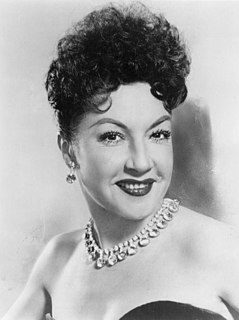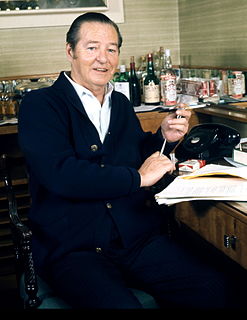A Quote by Robert Wilson
Related Quotes
The next time I write a play - in order to get audience trust for a particular sort of tragic line, I'll try to bring the audience a good distance before that. Part of that is allowing comic moments to occur. I had been afraid of that - that once the audience started laughing in the play, they would never stop.
Acting is bad acting if the actor himself gets emotional in the act of making the audience cry. The object is to make the audience cry, but not cry yourself. The emotion has to be inside the actor, not outside. If you stand there weeping and wailing, all your emotions will go down your shirt and nothing will go out to your audience. Audience control is really about the actor
I make some movies for myself. I do that sometimes when the subject matter is very sensitive and very personal and I really can't imagine that I'm an audience member. I would lose myself too much if I thought of myself as the audience. There are other types of genre films that I need to be able to direct from the audience, to be right next to you watching the picture being made.



































